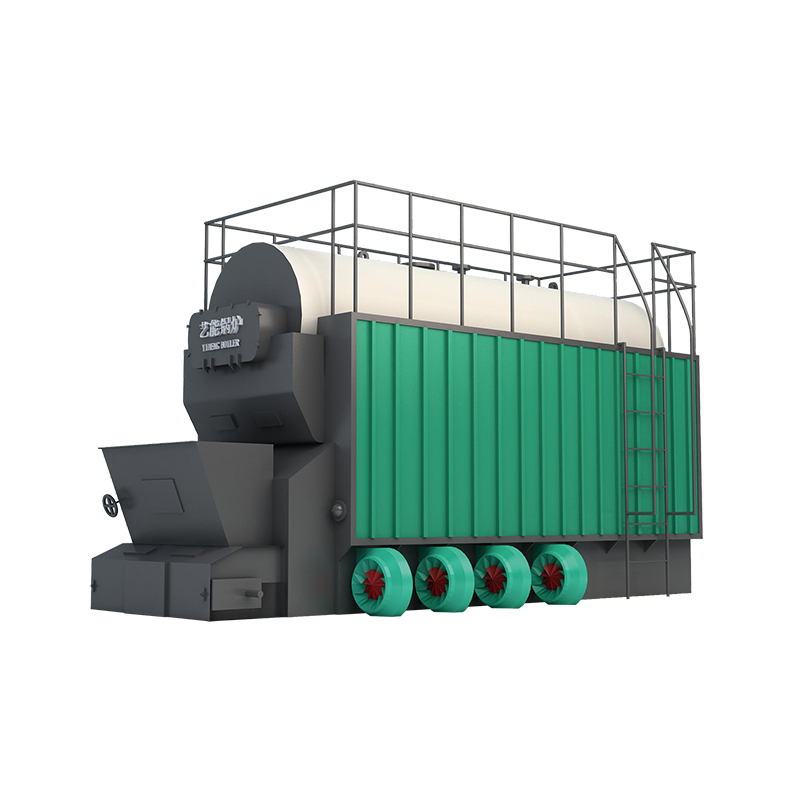Comprehensive Guide to Pricing for Industrial Boiler Manufacturers and Their Product Offerings
Understanding the Industrial Boiler Manufacturer Pricelist
When businesses seek to invest in industrial boilers, a critical component of their operational infrastructure, price typically serves as a key consideration. Industrial boilers are essential for various applications, including power generation, chemical production, and food processing. Consequently, understanding the pricing dynamics associated with these critical assets gives companies a clear view of their investment and operational strategies.
The Factors Influencing Boiler Pricing
Several factors influence the prices found in an industrial boiler manufacturer's pricelist. Firstly, the type of boiler technology plays a significant role. Common types include fire-tube, water-tube, biomass, and electric boilers, each varying in cost depending on their design and operational efficiency. For instance, fire-tube boilers, often more affordable upfront, tend to have lower steam capacities and efficiencies compared to water-tube models, which can be lower in initial cost but higher in operational expenses.
Another significant factor is the manufacturer’s reputation. Established brands with a history of reliability and quality often charge a premium for their products. This price difference reflects not only brand equity but also the expected lifespan and maintenance costs associated with their boilers. Furthermore, warranties and availability of technical support can justify higher prices in premium manufacturers.
Customization and Features
Industrial boilers often require customization to meet specific operational needs, which can dramatically impact pricing. Features such as capacity, efficiency ratings, fuel type, and additional components for automation or emissions control may increase costs. For example, boilers configured for biomass fuel use may incur higher initial costs due to advanced technology and design requirements to handle varying fuel characteristics.
industrial boiler manufacturer pricelist

In addition, compliance with environmental regulations frequently leads to higher upfront investments. Boilers designed to meet stringent emissions standards are generally more advanced, thus increasing their sticker price. However, these higher expenses can yield long-term savings through incentives or reduced fines for non-compliance.
Additional Costs Beyond the Pricelist
While the pricelist serves as a baseline for understanding costs, potential buyers should account for additional expenses that may arise throughout the lifecycle of the boiler. Installation costs, which can be significant depending on site conditions and infrastructure, are often not included in the manufacturer's pricelist. Moreover, ongoing operational costs—such as fuel, water, labor, maintenance, and inspection—should also be factored into the overall cost of ownership.
Regular maintenance is critical in extending the lifespan of an industrial boiler, which means investing in maintenance contracts can affect the total cost. Businesses should also consider the total return on investment (ROI) by weighing purchase and operational costs against productivity gains and energy savings.
Conclusion
Understanding the industrial boiler manufacturer pricelist entails more than just looking at numbers. Companies must consider a myriad of factors, including the type of boiler, manufacturer reputation, custom features, and ongoing operational costs. A thorough evaluation of these elements will lead to more informed purchasing decisions, ensuring that businesses not only select the right equipment but also achieve long-term operational efficiency and cost-effectiveness. As market dynamics and regulations continue to evolve, staying informed about industry trends and innovations will further enhance decision-making capabilities in this critical area.
-
Top Electric Steam Boiler Manufacturers - High Efficiency SolutionsNewsJul.30,2025
-
Top Electric Steam Boiler Manufacturers – Efficient Industrial SolutionsNewsJul.29,2025
-
Top Electric Steam Boiler Manufacturers | Reliable Industrial SolutionsNewsJul.29,2025
-
OEM Steam Boiler Solutions for Custom Needs | High Efficiency & VersatilityNewsJul.29,2025
-
High-Efficiency Thermal Oil Boiler for Industrial Heating SolutionsNewsJul.29,2025
-
Top Electric Steam Boiler Manufacturers for Industrial EfficiencyNewsJul.28,2025

